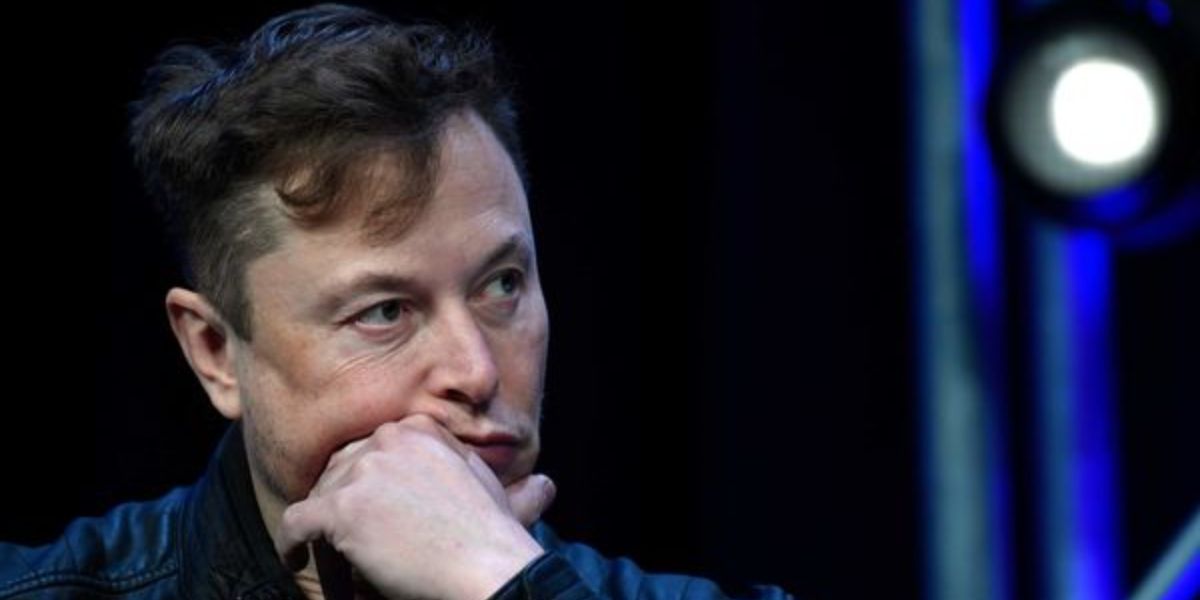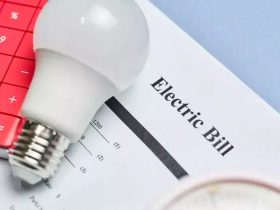WPBN: After ruling against Tesla earlier this year, a Delaware judge has now denied the company’s attempt to force through a massive compensation plan for CEO Elon Musk.
In January, Judge Kathleen McCormick declared that the $56 billion windfall that Tesla’s board had first promised had infringed upon the rights of shareholders since Musk had complete control over the “negotiation” process.
Subsequently, Tesla promptly proceeded to authorize the compensation through a shareholder vote, which was characterized in court filings as the biggest payout ever witnessed in public markets. Then, the company requested the court’s approval.
However, in a harsh ruling on Monday, Judge McCormick categorically rejected that request, calling the electric vehicle manufacturer’s legal defenses “fatally flawed” and occasionally “indefensible.”
“The large and talented group of defense firms got creative with the ratification argument, but their unprecedented theories go against multiple strains of settled law,” she stated.
“Novelty is not necessarily damning, but defendants’ novel request flies in the face of the policy bases for all relevant rules of procedure.”
Additionally, McCormick turned down what he called “a bold ask”—an equally enormous and unprecedented offer from the plaintiff’s attorneys to receive $5.6 billion in Tesla stock as payment for their legal bills.
Tesla said in a statement on Monday night that it was merely trying to pay Musk “what he’s worth” and that it would appeal the decision to a higher court.
As he shared a social media post by investor Cathie Wood denouncing McCormick as a “activist judge,” Musk concurred, saying that “shareholders should control company votes, not judges.”
Shareholders should control company votes, not judges https://t.co/zRsWGjC2hG
— Elon Musk (@elonmusk) December 3, 2024
After-hours trading saw a 1.4% decline in Tesla shares.
The conflict started in 2018 when Richard Tornetta, a Tesla shareholder, protested an extraordinary stock award for Musk that had been accepted by the company’s board and the majority of shareholders.
The initial maximum amount was roughly $56 billion, but it has since changed in tandem with the price of Tesla’s stock.
In the end, McCormick agreed with Tornetta’s attorneys, concluding that Musk had created a “unfair price” through a “deeply flawed” approval procedure that was influenced by his power over the firm and his close relationships with several board members.
Based on her @TSLA ruling, DE Judge McCormick is an activist judge at its worst. No judge has the right to determine CEO compensation. Shareholders voted twice, overwhelmingly each time, to ratify @elonmusk’s 2018 performance-based pay package. She will lose this fight in Supreme… https://t.co/cnby3pD2vd
— Cathie Wood (@CathieDWood) December 3, 2024
“Put simply, neither the compensation committee nor the board acted in the best interests of the company when negotiating Musk’s compensation plan. In fact, there is barely any evidence of negotiations at all,” she stated.
McCormick rejected Tesla’s arguments on Monday, stating that the corporation could not just convince a majority of shareholders to support its past malfeasance in order to erase the consequences of that behavior.
Changes Ahead: New Laws That Took Effect in North Carolina on Dec. 1, 2024
She claimed that doing so would lessen the disincentive against corporate misbehavior and seriously impair shareholders’ capacity to contest executive compensation. She went on, “That would be bad,”












Leave a Reply